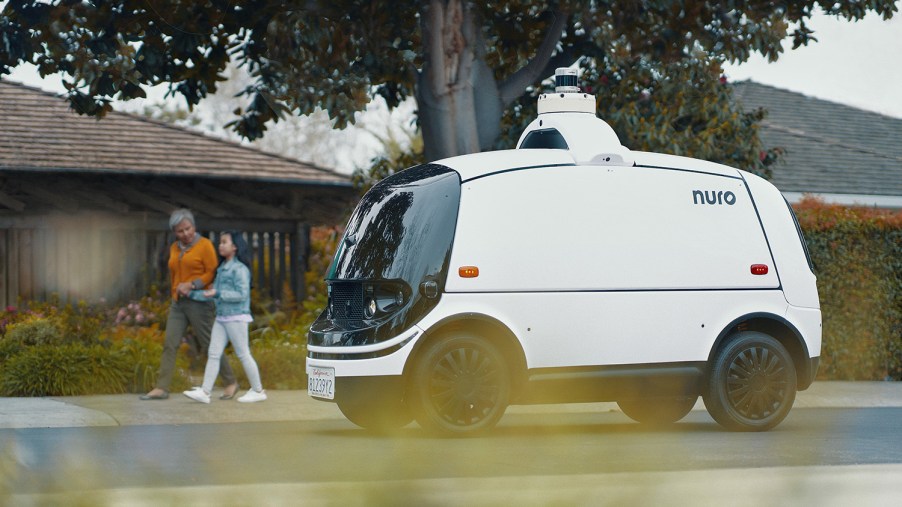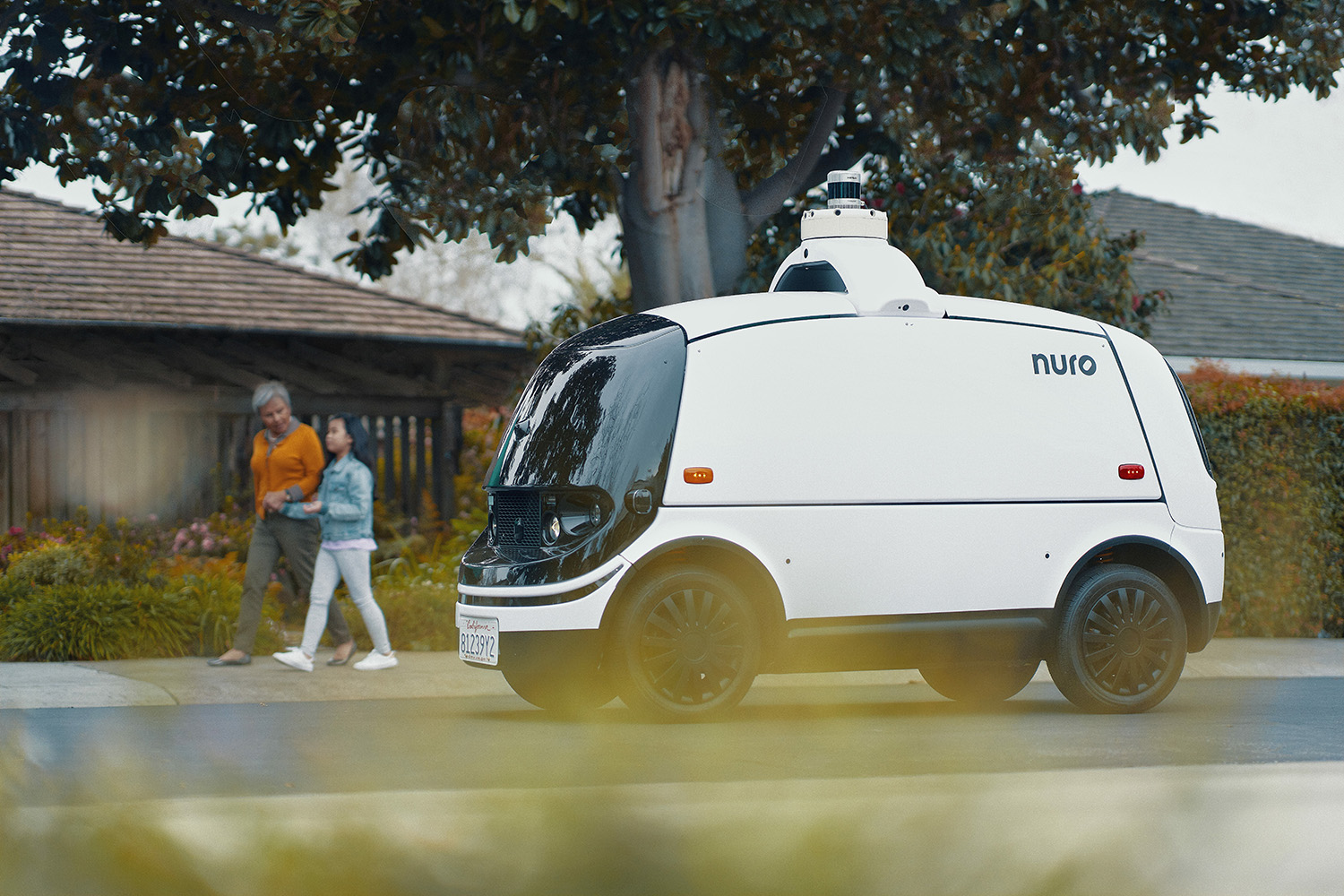
Self-Driving Cars Could Get Safer Thanks to These 3 Tech Developments
Self-driving cars are one of the most hotly debated topics when it comes to vehicle safety. Plenty of companies are using autonomous vehicles for various purposes. However, most Americans don’t think they’re all that safe. Additionally, with videos showing the faults of some of these systems, it’s easy to see the hesitation. However, as with any technology, it’s constantly evolving. So, it will undoubtedly get better over time. Here are three tech advancements that are making self-driving cars safer for the road!
Argo AI works to make sure map data is constantly up to date

According to Smart Cities Dive, Argo AI is one of the forefront technologies in helping keep self-driving cars safe on the roads.
Argo AI is based in Pittsburgh, but its tech is in use throughout a handful of major cities. These cities include Austin, Texas; Detroit, Miami; Palo Alto, California; Pittsburgh, and Washington, D.C. Additionally, its tech is in use in the German cities of Munich and Hamburg.
The company works with commercial vehicles and ride-hailing vehicles like delivery services and driverless taxis. The company works with city officials to keep up to date on road closures and other pertinent information. Furthermore, its technology is constantly using AI to keep up to date on traffic patterns and map data. Additionally, Argo AI releases all of its data sets as open-source for self-driving car companies to use. Clearly, Argo AI has its eyes on the safety of the masses and not just profits.
Argo AI also invites residents of some of the communities its testing to provide feedback to best understand general concerns and make corrections to its software and data.
“We’re in some of the most congested, difficult cities to drive…the public reception to our test vehicles has been pretty uniformly nice,” said Andrew Woelfling, the company’s senior director of public policy and government relations.
iMerit annotates sensor data to make correct AI decisions
If you’ve ever wondered how a self-driving car might react to a person standing on a curb and whether or not they’ll cross the street, there’s good news. You aren’t alone in this curiosity! iMerit is a company that is working toward AI success in complicated situations like this.
“Maybe there’s a roundabout, and there’s a statue that looks like a horse. There’s a very big chance that the [AI] model might confuse that with a [real] horse,” said Siddhartha Bal, director of autonomous mobility at iMerit.
iMerit and its 5,500 employee corrects these types of situations. By annotating over 250 million data points, the company is helping AI learn the differences between things like statues vs. real beings and the intent of people standing on the curb.
Sure, it’ll never be able to read minds, but neither can we. So, if that person suddenly jumps out into the road, well-trained AI could actually have a better chance of avoiding the person than a human driver would, thanks to a more rapid response time.
Guident offers human intervention in times of need
Guident is based in Boca Raton, Florida. The company uses human monitoring of autonomous vehicles and allows them to step in when necessary.
Though it may seem like using human intervention in a technology being developed to minimize human error, at this time, it’s a safe way to ensure things operate smoothly if and when things step out of AI jurisdiction.
The company’s control center allows human intervention in taking over control of the vehicle remotely if necessary. Additionally, Guident employees can call emergency services and communicate with passengers if needed.
Overall, self-driving cars are still a pretty new technology. Though they are already proven to be far safer than many folks might think, it’s still great to know that companies nationwide are still optimizing them to be as safe as possible.



